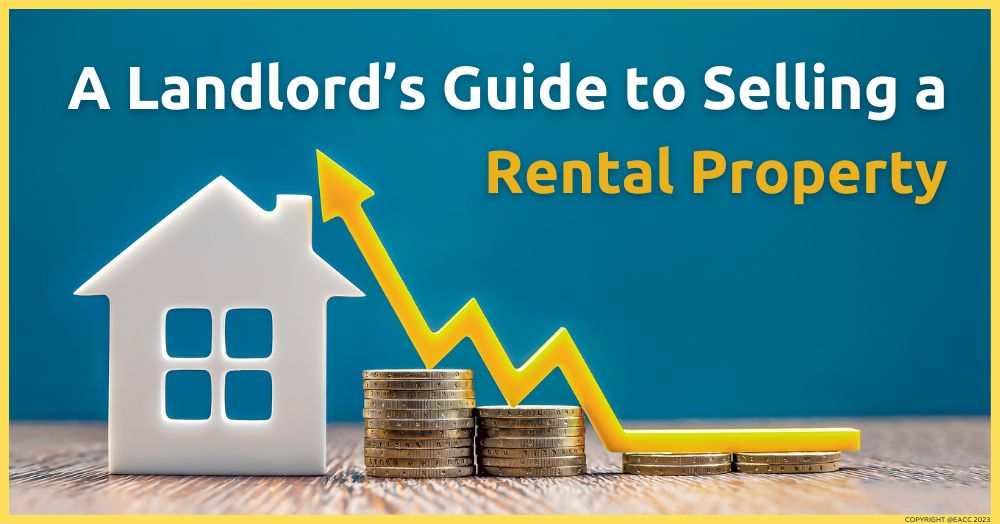Over the last 12 months, it’s been reported that many landlords have decided enough is enough and are exiting the buy-to-let game in their droves. And whilst these headlines may or may not be accurate, one thing is for sure, selling a buy-to-let property is very different to selling a residential property.
So, if you’re a landlord considering selling a rental property, what do you need to know?
In this quick read, we look at some important factors you should be aware of – from the property’s condition to the tax implications of selling.
Vacant or tenanted?
This is the first thing you need to consider. Is your rental empty, or do you have a tenant living there? If it’s the latter, you should be aware that there are certain obligations and duties you still have as the legal landlord. For example, if the tenant is within contract, then they can stay put until their tenancy agreement expires, and you are responsible for repairs and maintenance until the property is sold.
For the above reasons, it often makes sense to wait until a property is empty before putting it on the market.
Get a trusted agent
When selling a rental property, it’s essential you team up with a reputable local agent. They can provide invaluable insight into matters such as who the property might appeal to, whether you should sell to another landlord or a residential buyer, how much it’s worth on the current market and so on.
If you decide to market it to other landlords, an established agent will be in a great position to contact other landlords they work with to gauge interest – which could result in a quicker sale. Alternatively, they can advise on how to make it appeal to residential buyers and what works need to be done to increase the value.
Understand tax
This is vital when selling a buy-to-let property as you may be liable for capital gains tax (for example, if you sell it for more than you purchased it for) if it’s in your personal name. Or, if you bought it under a limited company, there will be other tax considerations. Make sure you know the full tax implications before you decide to sell.
Viewings
If a rental is tenanted, you can’t control the condition of the property before a viewing. It might be messy or unclean, which isn’t the best impression to leave with potential buyers. Additionally, you must give your tenant 24 hours’ written notice in advance of a viewing, and they can refuse entry if it doesn’t suit them.
Selling a vacant rental is much easier as you can ensure it’s clean and tidy and have a lot more flexibility to arrange viewings.
If you’re looking to sell part or all of your rental portfolio, please contact our sales team at Hi Residential.





